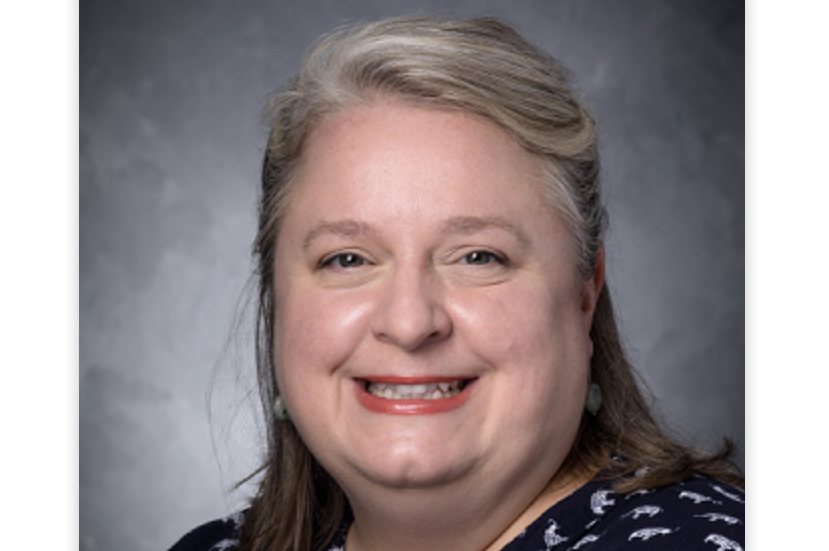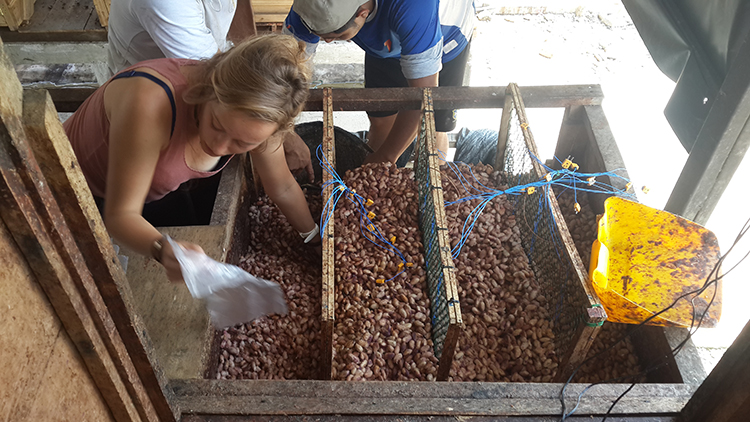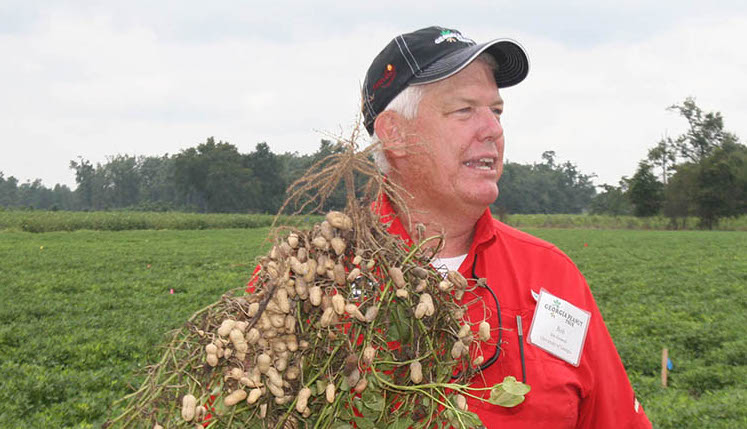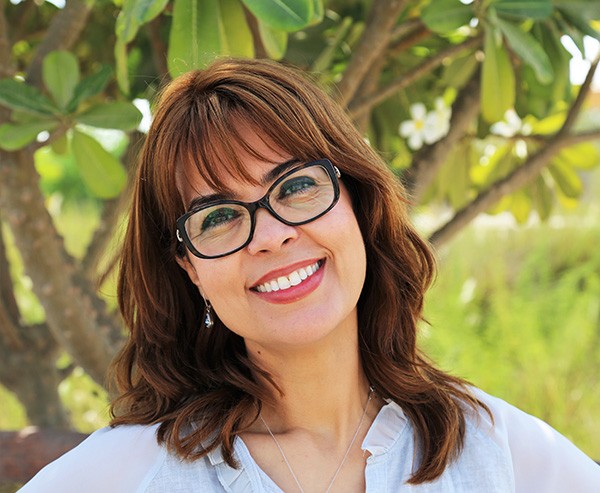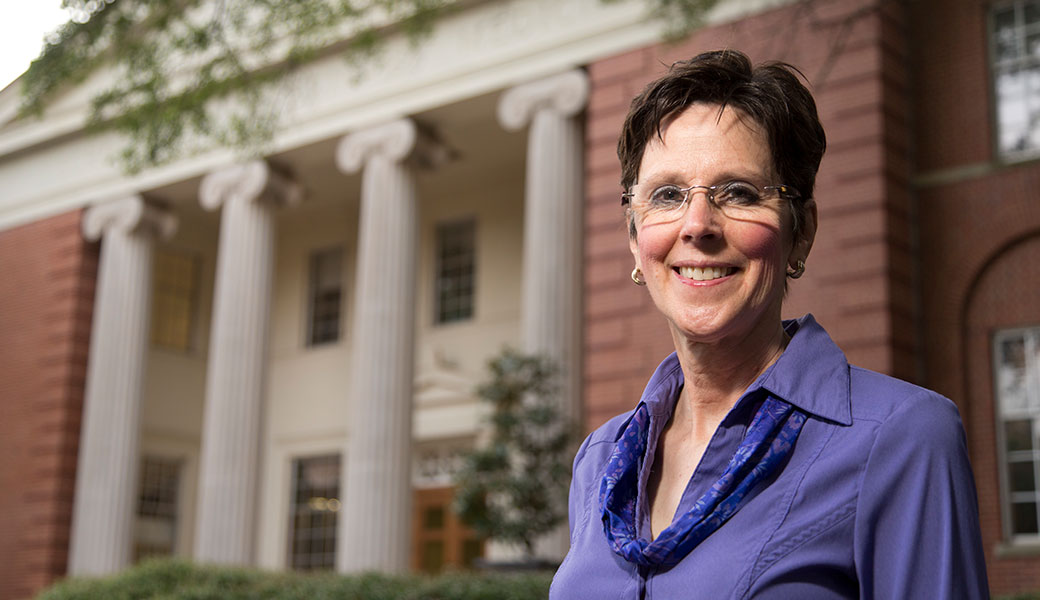 CAES News
CAES News
Cleantech Symposium
On April 20, the University of Georgia College of Agricultural and Environmental Sciences, the UGA Office of Sustainability, the Consulate General of Switzerland and the Swiss Business Hub in Atlanta will host the 2022 Cleantech Symposium to pose a critical question, “Can Tech Save the World?”

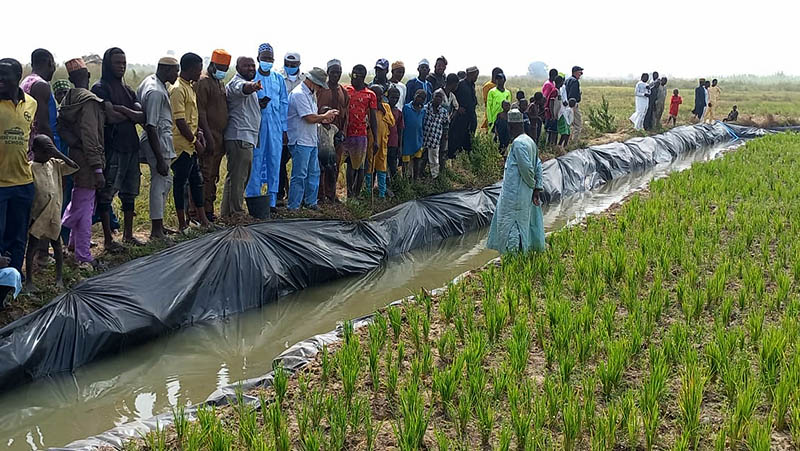
.jpeg)
